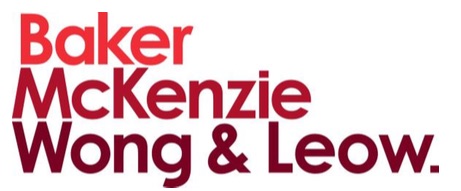7 November, 2017
The Ministry of Manpower, National Trades Union Congress, and the Singapore National Employers Federation jointly released on 21 October 2017 new Tripartite Standards on Grievance Handling.
The Tripartite Standards on Grievance Handling are not mandatory but the benefit of its adoption, as with the other recently released Tripartite Standards, allows employers to distinguish themselves in key employment practices that employees would look for, thereby enhancing the employer's ability to attract and retain employees.
The key purpose of the Tripartite Standards on Grievance Handling is to provide a clear framework which an employer may follow when required to manage and deal with employee grievances. The effective management and communication with employees on issues that they may face in the workplace aims to create an inclusive and harmonious work environment, which in turn may mean a boost in employee morale and productivity.
The effective management and communication with employees regarding grievances may also act as an early intervention and assist in de-escalating an issue in the workplace with a potential to turn into a more serious dispute.
Another practical point to note about having an easy and accessible avenue for employees to raise grievances with their employer is that it is likely to reduce the chances of an aggrieved employee from airing their grievances through another avenue such as on social media. Having an easy-to-understand grievance procedure can thereby minimize an employer's reputational risk where an employee grievance can be satisfactorily and quietly resolved between the parties.
Adopting the Standards
The Tripartite Standards on Grievance Handling suggest taking the following steps to fully adopt the Standards:
Putting in place a grievance handling procedure for employees to raise grievances, and for the employer to conduct proper investigations and to respond to the affected employees.
Communicating the grievance handling procedure to all employees in written format (i.e. company circular or memo) so that employees may refer to the procedure.
Giving the employee the right to escalate any unresolved grievance to the next level (i.e. request the assistance of the union where an employee is a union member of a unionized company).
Ensuring that the grievance handling procedure sets out the appropriate authority to hear the appeal and a reasonable period of
time for action to be taken.
Safeguarding the confidentiality of any grievance discussion and documenting such discussion.
Training supervisors to manage employee feedback and grievances, and to work with the union where the company is unionized.
Conclusion
While it is not mandatory to adopt the Tripartite Standards on Grievance Handling, it does provide a framework for verifiable and actionable practices that an employer may wish to consider implementing for several reasons, including promoting a more communicative and supportive work environment, averting matters potentially escalating into a more serious dispute, and protecting an employer's reputation.
Our team will be happy to connect and share more of our expertise on all the relevant issues surrounding grievance handling with you, including but not limited to drafting a grievance handling policy.
For further information, please contact:
Kelvin Poa, Partner, Baker & McKenzie.Wong & Leow
kelvin.poa@bakermckenzie.com





